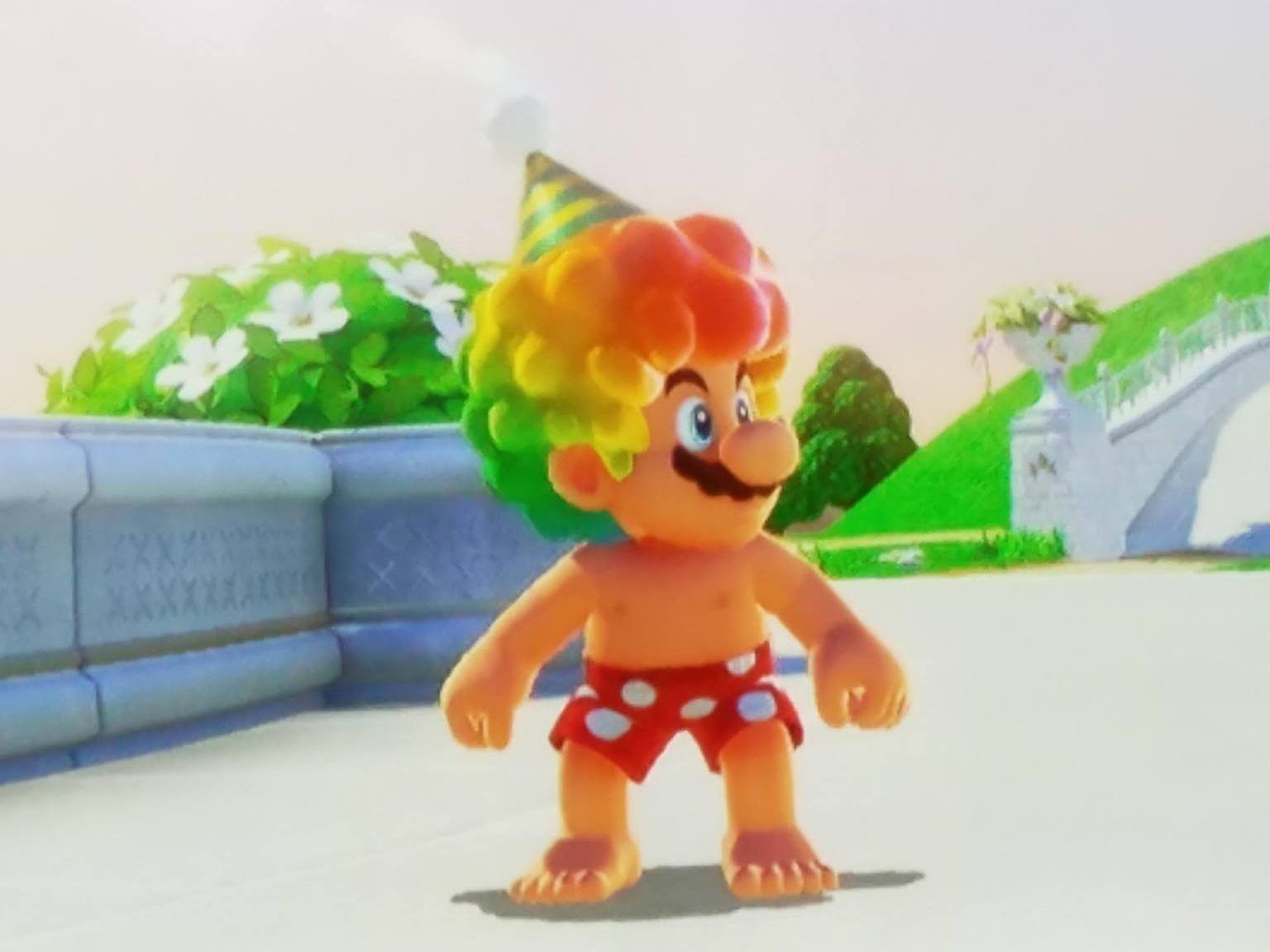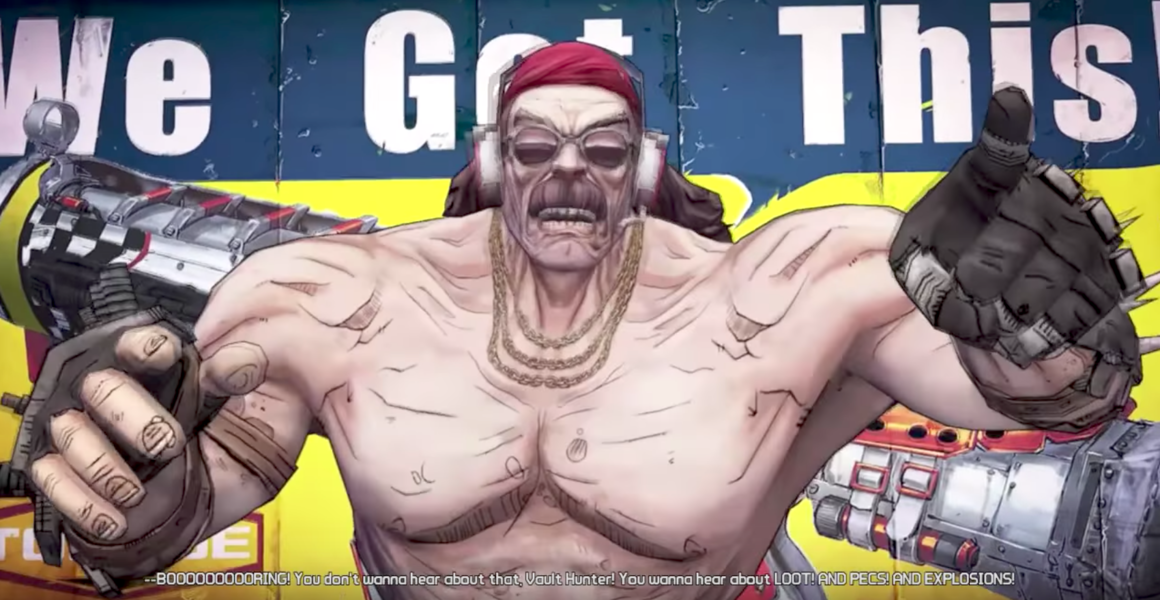Ori has some strong segments, but they're buried underneath a few too many poor design decisions around difficulty and pacing.
Some parts of this game are really quite good. Multiple sections are really creative, like a Lost Woods-style part that rewrites the map, or a gravity-bending area that has you falling through a room in different directions! Pretty cool stuff.
And once you get the (very poorly-named) "Bash" ability, which allows you to ping-pong between obstacles and projectiles, you'll be executing jump-chains that would make Mario jealous.
Anyway, the "good news" about Ori is that - in addition to being quite pretty - some of its platforming ideas are really impressive.
But - and here's the other shoe, dropping - its platforming "fundamentals" are very suspect. Jump targets tend to be inappropriately small compared to your jumping momentum. Enemies frequently appear by surprise, with very narrow windows to avoid their attack. Their respawn behavior can be inscrutable, sometimes returning after a few seconds, other times seeming to require walking half a world away.
The controls will betray you in unexpected ways -- most notably, the "Kuro's Feather" gliding ability is sometimes deactivated by another move, even while holding its button down, which you won't discover until you've already fallen to your death. (And that gravity-bending section? It insists on making you use "left" to go right, and "right" to go left, when you're upside-down.)
Even the pretty aesthetics can work against you, as dangerous obstacles can blend in with innocuous surfaces. Or, rarely, art in the foreground will cover up the action, making it impossible for you to see what's trying to kill you!
What makes these quirks more than just minor annoyances is the overall punitive design attitude in Ori. Rooms absolutely filled with spikes; enemies that do surprisingly high damage; and most notably, as I mentioned last time, the fact that your - manually-placed! - save points can run out. (And then there are the late-game proliferation of platforms which forbid save points.)
Taken as a whole, the game not only wants you to fail, but wants you to repeatedly fail whole sequences of gameplay until you get the whole thing right. It requires the repetition of rote platforming just for the sake of reaching a single "hard part."
There is a workaround, but... well. You can soften the blow of surprisingly high damage, and avoid running out of save points, by taking time off to explore the map and look for power-ups. You know, the "Metroidvania" part of this Blind Forest. But therein lies a core disappointment of Ori: it doesn't have a good sense of exploration.
With a small number of exceptions, there's never a reason to revisit an area unless you're trying to collect upgrades. There's no opportunity to organically discover something you missed -- just a choice between following the story, or roaming the map. It ends up feeling like less of a Metroidvania, and more of a level-based platformer that allows you to teleport between levels.
Also, I lowered the difficulty to Easy about halfway through, which sort-of helped; all this did was reduce enemy damage and health. And they still felt pretty tough, to me.
It's hardly worth noting at this point, but the story is just dumb, by the end. It attempts to build sympathetic, impactful characters, but fails in these attempts by being trite, or sometimes simply illogical.
The parts of Ori that are good, are pretty good! And the quality of its audiovisual presentation can't really be downplayed. Which is why it feels like such a betrayal for the gameplay to be so cruel, and generally un-fun.
Ultimately, I'm not sure if I'd call it worthwhile.
Better than: Teslagrad
Not as good as: Dust: An Elysian Tail
Hey they're making a sequel!: call me when there's a "Very Easy" mode.
Progress: Finished on Easy, 85% completion.

